Our topic here is AGENCY and RELATIONSHIP. A baby’s development is a relational process. A baby and their primary caregiver(s) are affected by and in turn affect each other. They respond to each other, they co-create their relationship, and they exist within layers and networks of other relationships.
In our work educating parents and other caregivers, we bring awareness to how they influence their baby’s development: through how they touch and handle them, how they talk to them, and how they view their role as caregivers.
We acknowledge and want to help parents navigate their choices about parenting. What we teach in terms of suggestions and techniques arises from our principles and values, and is supported by our experience (nearly 1500 babies over 15 years as of 2023). While we’re passionate about our approach, we’re interested in supporting families as they figure it out together, rather than inserting or imposing ourselves and our ideas. Being clear about our role supports our own agency and the agency of the baby and caregiver.
Here’s an example of how we help parents and caregivers consider their parenting choices and philosophy: when a baby is upset, we often hear caregivers respond with “you’re ok” or “you’re fine.” We (sometimes) offer a reframing of the situation because we believe a baby’s experience is real, though we might not understand it. By telling them they’re ok, we risk denying or minimizing their experience. While we may know (and hope) that the baby is ok, it’s also true that the baby is communicating about their own experience. What helps a baby move through upsetting experiences is being heard and supported in expressing themselves.
A baby doesn’t necessarily understand the words “you’re ok,” so why does it matter? We suggest to caregivers that they practice now how they’ll respond to their child when they can understand the words, whether they’re 3 years old, or 15 or 37. If a parent’s first response is “tell me about it” or “what happened” rather than “you’re fine,” a child might be more inclined to come to them for support. (And really, this applies to any relationship – how do you feel when you’re upset and you hear “you’re ok?”)
We welcome your comments.
* * *

